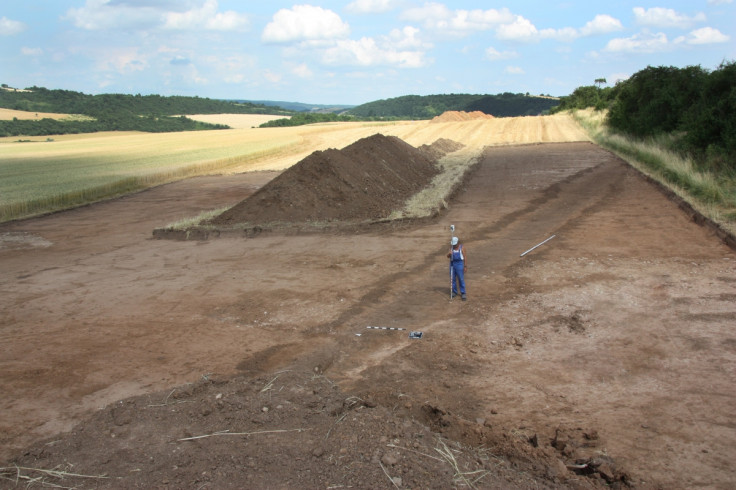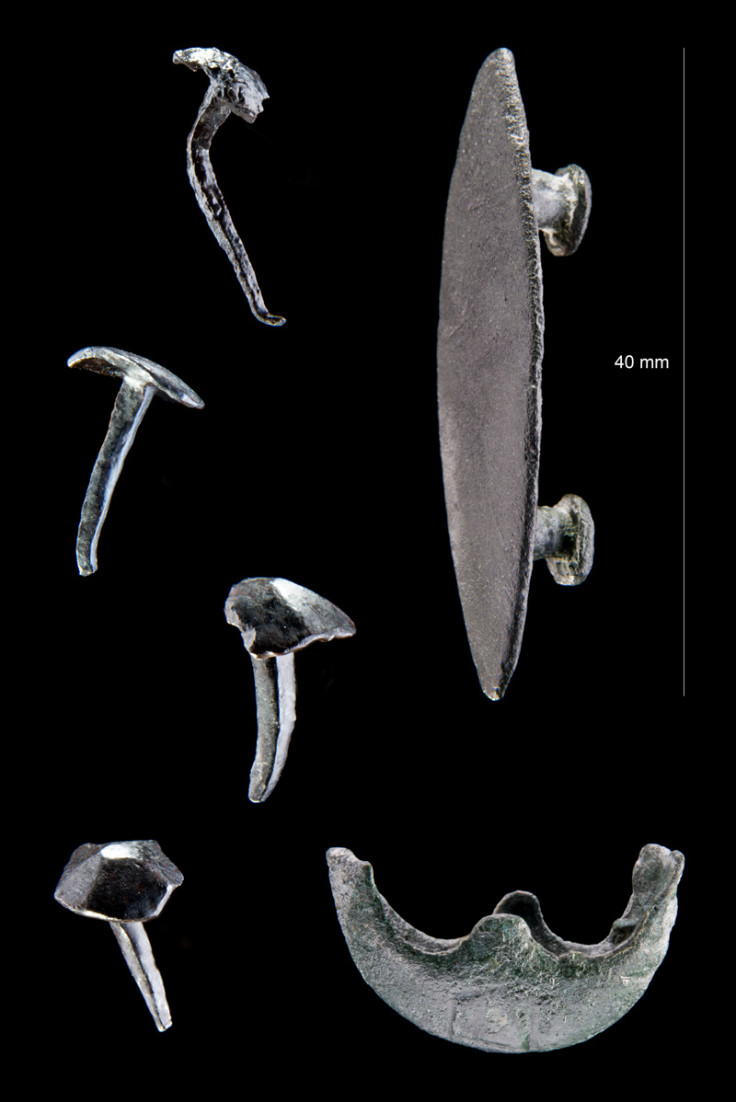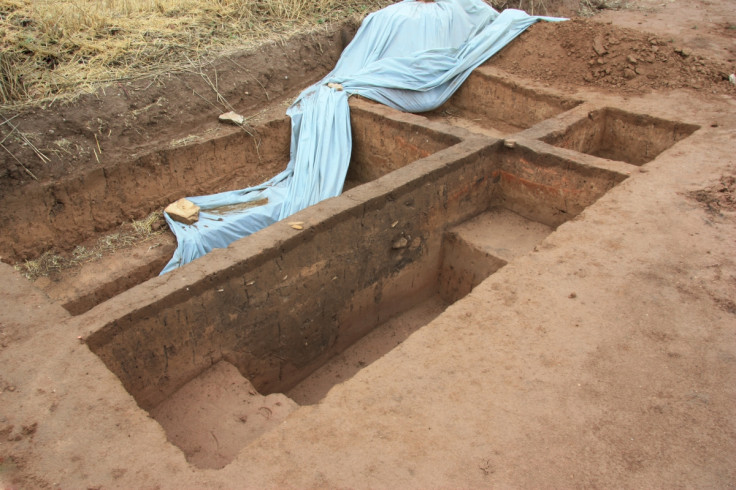Germany: Ancient Roman Military Camp Unearthed by Archaeologists

After 200 years of people searching for evidence of Roman military presence in eastern Germany, state archaeologists have finally announced the discovery of a long-lost ancient military camp near the town of Hachelbich in Thuringia, eastern Germany.
Situated in a broad valley, the camp measures 18 hectares (180,000 square metres) and is thought to have sheltered a Roman legion consisting of up to 5,000 troops.
The camp seems to have been a temporary thing, set-up by the Romans on their way to invade further eastern territory. The camp was first discovered in 2010, but the archaeologists wanted to make absolutely sure that their find was conclusively Roman.
To that end, Thuringia state archaeologist Mario Kuessner and his team excavated two hectares of land and analysed soil disturbances over another 10 hectares in order to discover the outlines of the ancient camp.
A gate protected by a trench
The camp consists of a rough rectangle with round corners, which is typically Roman. Legionnaires would set up a miniature fortress at the end of each day's march, no matter where they were.

There are two metre-deep trenches surrounding the camp which each measure over 400m in length.
A third trench protects a gate constructed by the legionnaires at the northern edge of the camp.
"It's typically Roman—no Germans did that sort of thing," Kuessner told Science.
In order to protect the camp, a trench would be dug in front of the gate, with a low wall of dirt topped with tall stakes built just behind the trench, which created a defensive barrier measuring three metres high by three metres wide.
The archaeologists have found four nails that came from the bottom of Roman boots, part of a scabbard and a piece of horse tackle. They also found traces of eight makeshift bread ovens.
The artefacts date the encampment to somewhere in the first two centuries AD, which is too vague to pin down to an event in Roman history.
Romans entered German territory
"The best would be if we could find coins or something with the legion number written on it," said Kuessner. "That would help us pin down the date."

Following a great defeat by the German tribes who lived to the north of the Rhine River in 9AD, Rome abandoned hope of conquering them, but written sources show that the Romans would occasionally campaign in Germany, perhaps in retaliation of German raids on Roman territory.
For a long time, this theory was largely dismissed, but a discovery in 2008 of a battlefield near Hannover, put together with the new Hachelbich discovery, proves that the Romans were not averse to crossing into Germany when it suited them to do so.
The exact whereabouts of the camp is being kept secret, to prevent metal detector hobbyists from trying to disturb or loot the site, which is currently covered by fields of wheat and canola.
© Copyright IBTimes 2025. All rights reserved.






















